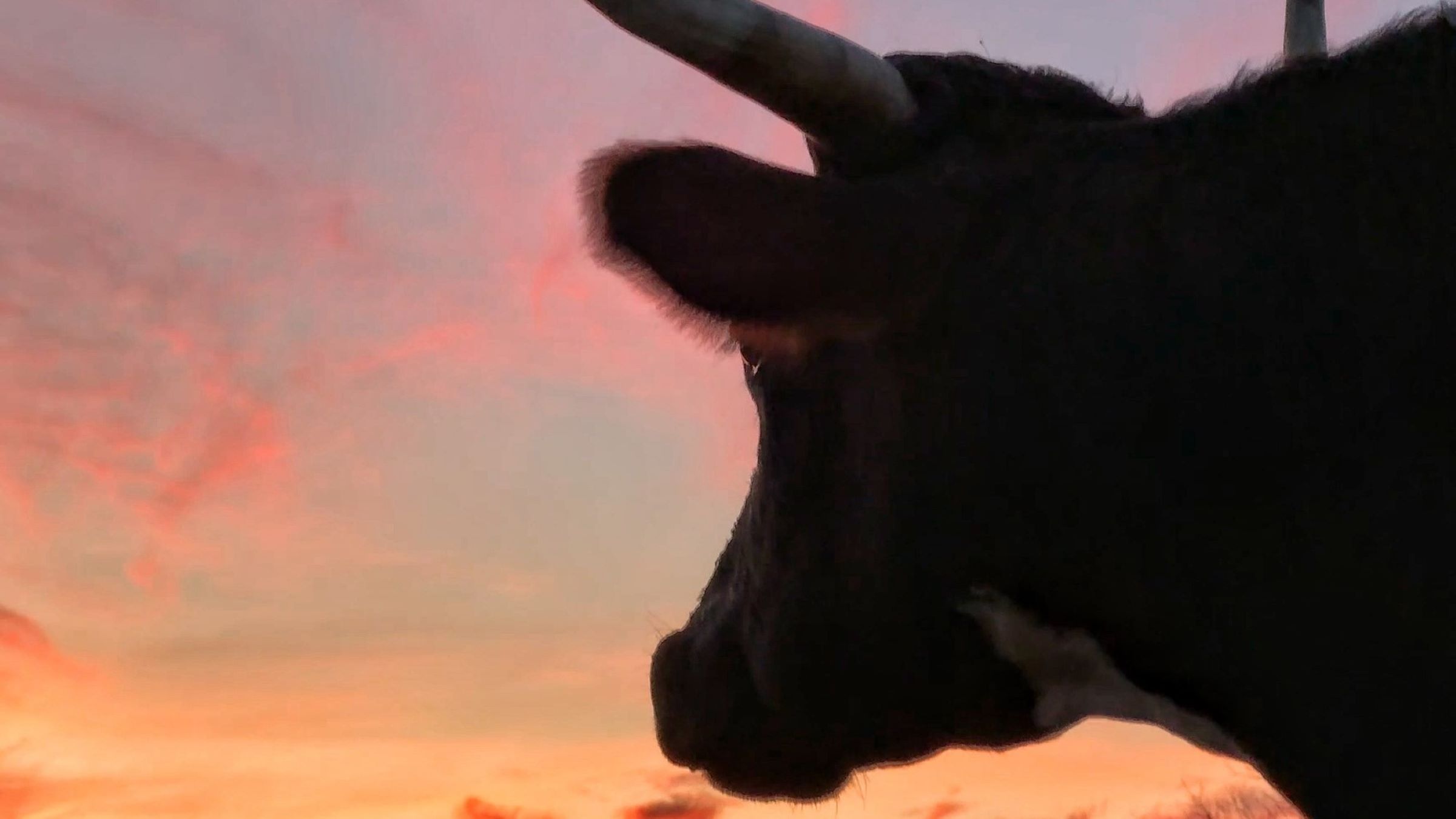Eclipse watch 2024: A University of Kentucky call to observe livestock and wildlife behavior
Eclipse watch 2024: A University of Kentucky call to observe livestock and wildlife behavior


The United States' continental sky will darken on April 8 when the country will see its first total solar eclipse in seven years, marking a significant event for communities along its path. The last occurrence in the United States took place August 21, 2017, and the next major U.S. eclipse won't happen until August 12, 2045.
This year, the University of Kentucky Martin-Gatton College of Agriculture, Food and Environment is wanting help across the state observing and recording livestock, poultry, pet and wildlife behavior.
"There is a lot of research being done these days using the general public to get input from a larger area and diversity," said Jacqueline Jacob, UK Department of Animal and Food Sciences agricultural extension project manager. "This survey builds off that current trend."
This year’s eclipse passes through eight Kentucky counties – Fulton, Hickman, Ballard, McCracken, Livingston, Crittenden, Union and Henderson.
UK’s current initiative seeks observers who have witnessed changes – or even no fluctuations – in animal behavior including:
- Various types of behavior changes, such as deviations in feeding, sleeping, movement, vocalizations (e.g., singing or mooing)
- Productivity declines
- Indications of perplexity among other behavioral variations
These collected observations from diverse areas and animal species will be combined into a report that can then be distributed to all participants.

Solar eclipse historical impact on animals
Historical accounts suggest that solar eclipses can influence the behavior of birds, mammals, insects and even plants. Often, these observations were made by astronomers whose view of the eclipse was obscured by clouds, allowing them to focus on the animals nearby instead. A wide range of eclipse-related behaviors have been seen over time:
- One of the first documented behavioral changes dates to a complete eclipse in 1544, when birds stopped singing.
- During one eclipse, fish in a hatchery stopped feeding and sank to the bottom, whereas Golden Carp in a zoo surfaced to feed, mirroring their nightly behavior.
- Toads, generally nocturnal, were observed actively searching for insects and worms during an eclipse.
- At some zoos, painted turtles abandoned their sunning boards in search of protection, similar to their sunset pattern.
- Bird behaviors during solar eclipses are particularly varied, with birds flying into houses, roosters crowing early, hens preparing to roost and pigeons ceasing to feed. Total solar eclipses appear to have a similar impact on domestic poultry, with birds mistaking them for nightfall and settling down early.
- Similar "nighttime" behaviors have been observed with domestic horses, sheep and cattle.
Citizen involvement in this initiative will help researchers better understand animal behavior and highlight the complex relationships between cosmic occurrences and terrestrial life.
Visit https://bit.ly/49bhC2z to participate.
For questions, contact Jacqueline Jacob, Ag Extension Project Manager in Martin-Gatton CAFE Department of Animal and Food Sciences, at Jacquie.Jacob@uky.edu.
# # #
The Martin-Gatton College of Agriculture, Food and Environment is an Equal Opportunity Organization with respect to education and employment and authorization to provide research, education information and other services only to individuals and institutions that function without regard to economic or social status and will not discriminate on the basis of race, color, ethnic origin, national origin, creed, religion, political belief, sex, sexual orientation, gender identity, gender expression, pregnancy, marital status, genetic information, age, veteran status, physical or mental disability or reprisal or retaliation for prior civil rights activity.
Livestock Research

